Changing legal gender: what’s new and how does it work?
Cost of a gender recognition certificate application is reduced from £140 to £5
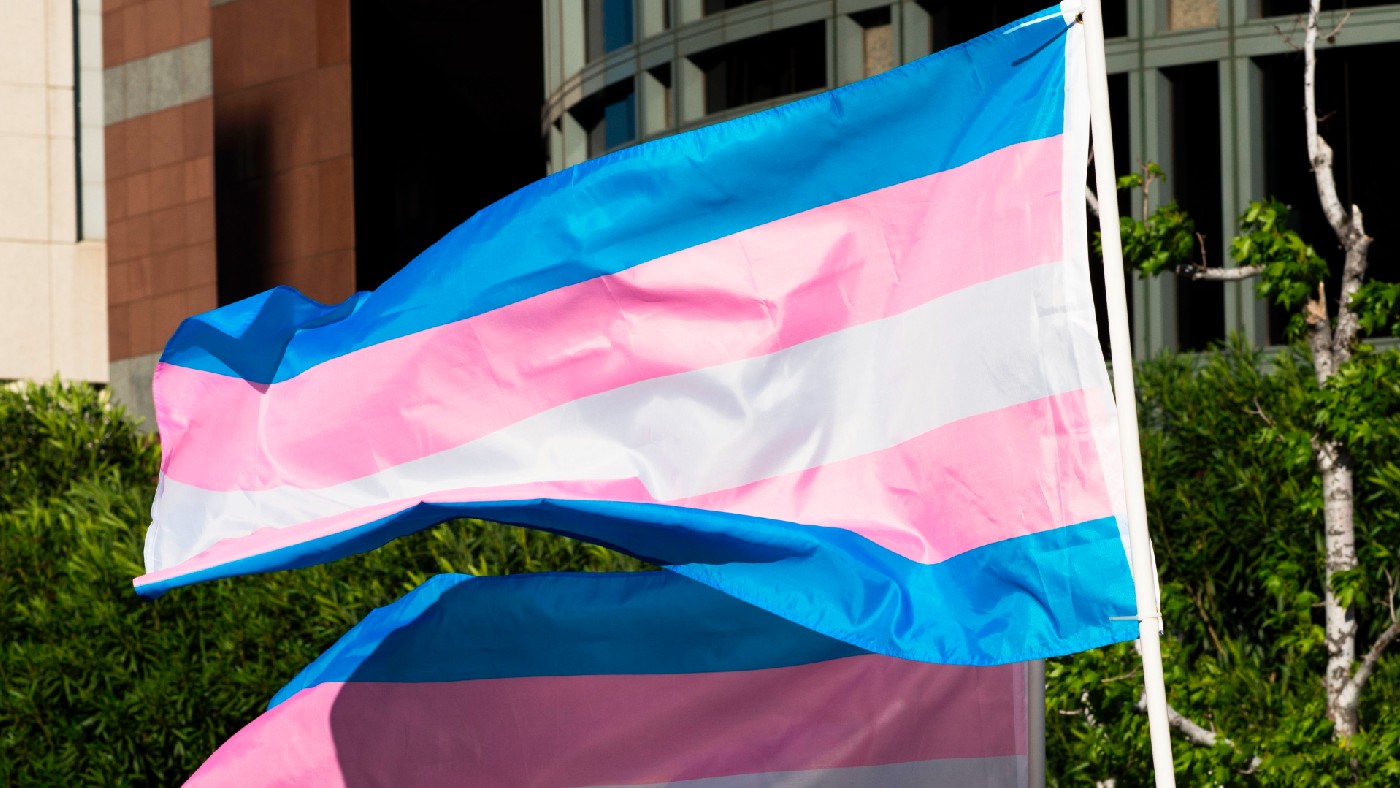
A free daily email with the biggest news stories of the day – and the best features from TheWeek.com
You are now subscribed
Your newsletter sign-up was successful
The cost of legally changing gender is being cut from £140 to £5, but campaigners have urged the government to go further with changes to the process.
The move makes good on a commitment from the government, announced last year, to reduce the cost of a gender recognition certificate (GRC) application to a nominal amount.
“We want transgender people to be free to live and to prosper in modern Britain,” said Minister for Women and Equalities Liz Truss in a statement on the government’s website this week. “I am proud that we have made the process of getting a certificate fairer, simpler and much more affordable.”
The Week
Escape your echo chamber. Get the facts behind the news, plus analysis from multiple perspectives.

Sign up for The Week's Free Newsletters
From our morning news briefing to a weekly Good News Newsletter, get the best of The Week delivered directly to your inbox.
From our morning news briefing to a weekly Good News Newsletter, get the best of The Week delivered directly to your inbox.
Although reducing the GRC fee was welcomed by LGBTQ+ campaigners, many have criticised Truss for not going far enough. Cutting the cost is “a positive step”, writes Emma Powys Maurice for Pink News, but it “comes as little comfort after Truss scrapped any plans for meaningful reform” to an “intrusive, intimidating, and undignified” process.
Last September, the government published a long-awaited response to its consultation regarding the 2004 Gender Recognition Act. To the disappointment of many activists and people in the LGBTQ+ community, ministers rejected calls for people to be able to change their gender on their birth certificate without a medical diagnosis. They also upheld the requirement for a diagnosis of gender dysphoria in order for a trans person to obtain a GRC.
Truss did pledge to move the application process online, but the details of this are yet to be confirmed.
As of December 2020, 5,871 full GRCs have been granted since 2005 – a small proportion of the UK’s transgender population which the government estimates to be between 200,000 and 500,000, says the BBC.
A free daily email with the biggest news stories of the day – and the best features from TheWeek.com
The standard route for a GRC application requires a transgender person to be at least 18 years old, diagnosed with gender dysphoria, to live in their acquired gender for a minimum of two years and to intend to live in their acquired gender for the rest of their life.
Campaigners have also called for non-binary people to have the opportunity to have their gender legally recognised, as well as for those under 18 to be able to apply for a GRC. The law “seriously needs updating to enable trans and non-binary people to have their true gender legally recognised in a simpler, less dehumanising way”, writes Paisley Gilmour for Cosmopolitan.
Kate Samuelson is The Week's former newsletter editor. She was also a regular guest on award-winning podcast The Week Unwrapped. Kate's career as a journalist began on the MailOnline graduate training scheme, which involved stints as a reporter at the South West News Service's office in Cambridge and the Liverpool Echo. She moved from MailOnline to Time magazine's satellite office in London, where she covered current affairs and culture for both the print mag and website. Before joining The Week, Kate worked at ActionAid UK, where she led the planning and delivery of all content gathering trips, from Bangladesh to Brazil. She is passionate about women's rights and using her skills as a journalist to highlight underrepresented communities. Alongside her staff roles, Kate has written for various magazines and newspapers including Stylist, Metro.co.uk, The Guardian and the i news site. She is also the founder and editor of Cheapskate London, an award-winning weekly newsletter that curates the best free events with the aim of making the capital more accessible.
-
 6 of the world’s most accessible destinations
6 of the world’s most accessible destinationsThe Week Recommends Experience all of Berlin, Singapore and Sydney
-
 How the FCC’s ‘equal time’ rule works
How the FCC’s ‘equal time’ rule worksIn the Spotlight The law is at the heart of the Colbert-CBS conflict
-
 What is the endgame in the DHS shutdown?
What is the endgame in the DHS shutdown?Today’s Big Question Democrats want to rein in ICE’s immigration crackdown
-
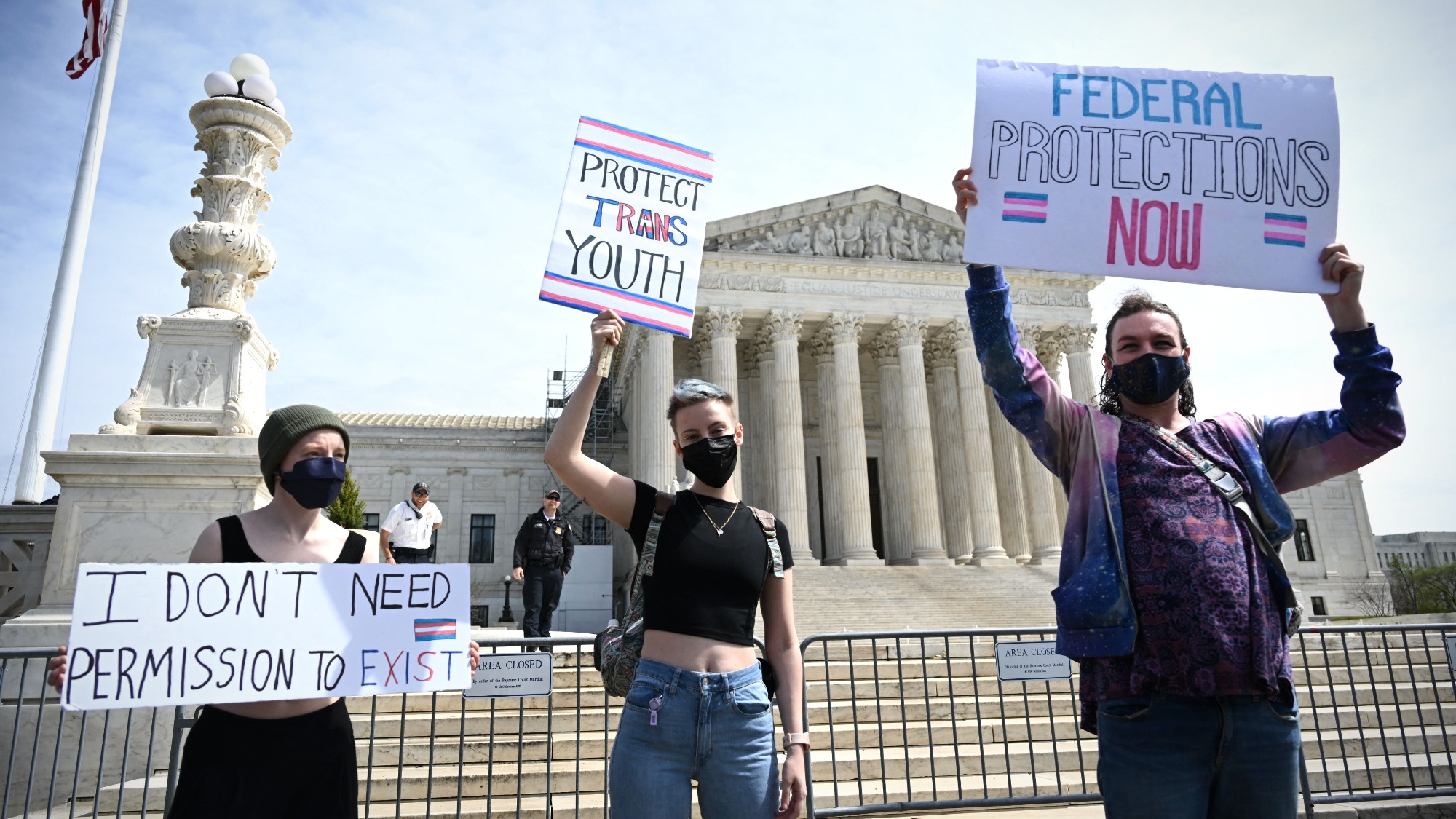 Supreme Court to weigh transgender care limits
Supreme Court to weigh transgender care limitsSpeed Read The case challenges a Tennessee law restricting care for trans minors
-
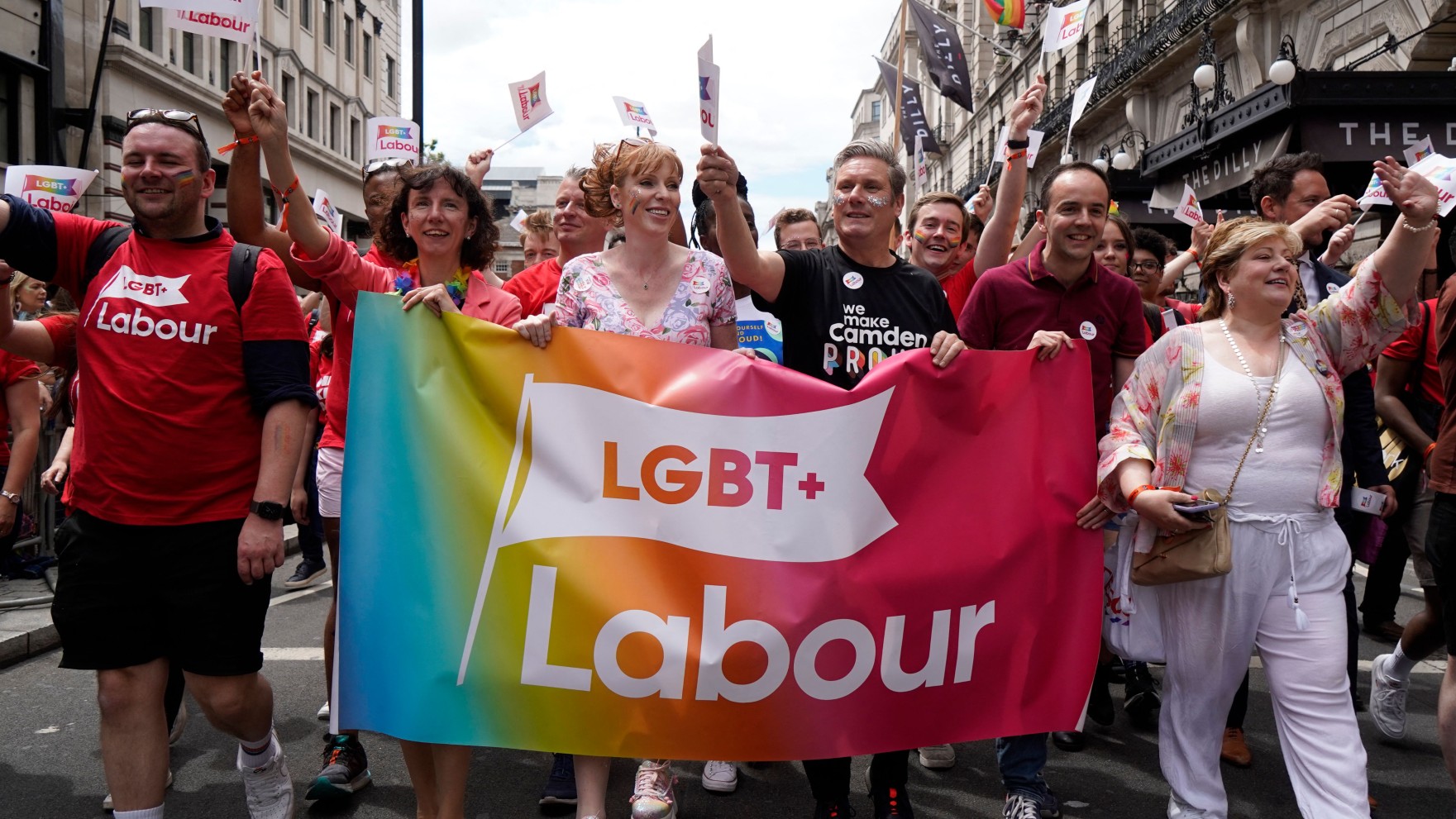 Where does Labour stand on trans rights?
Where does Labour stand on trans rights?The Explainer Party plans to 'modernise and simplify' process of changing gender and vows to scrap guidance on teaching gender ideology in schools
-
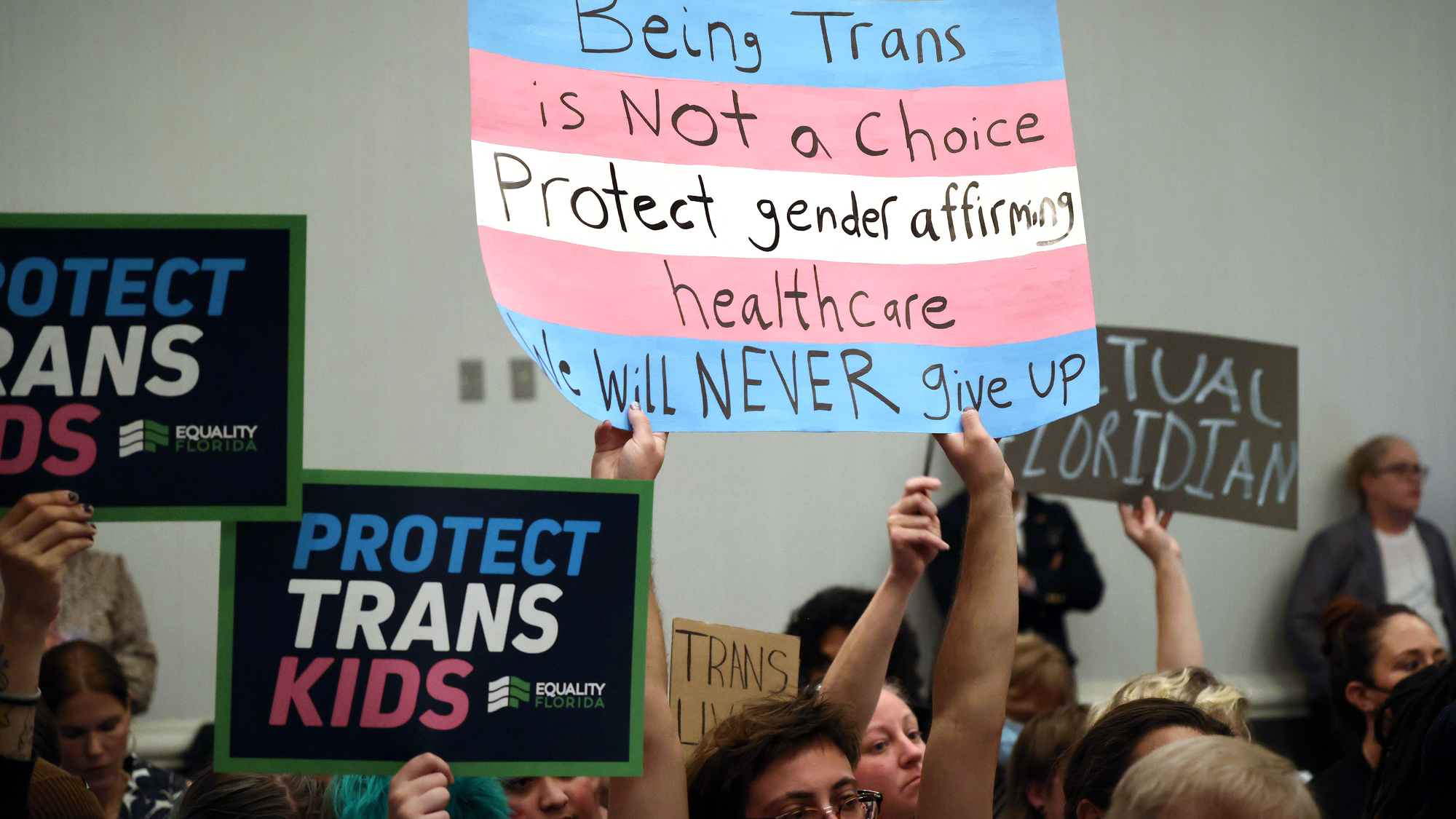 Judge strikes down Florida transgender care ban
Judge strikes down Florida transgender care banSpeed Read A law that bans transgender health care for minors and restricts treatment for adults is ruled "unconstitutional"
-
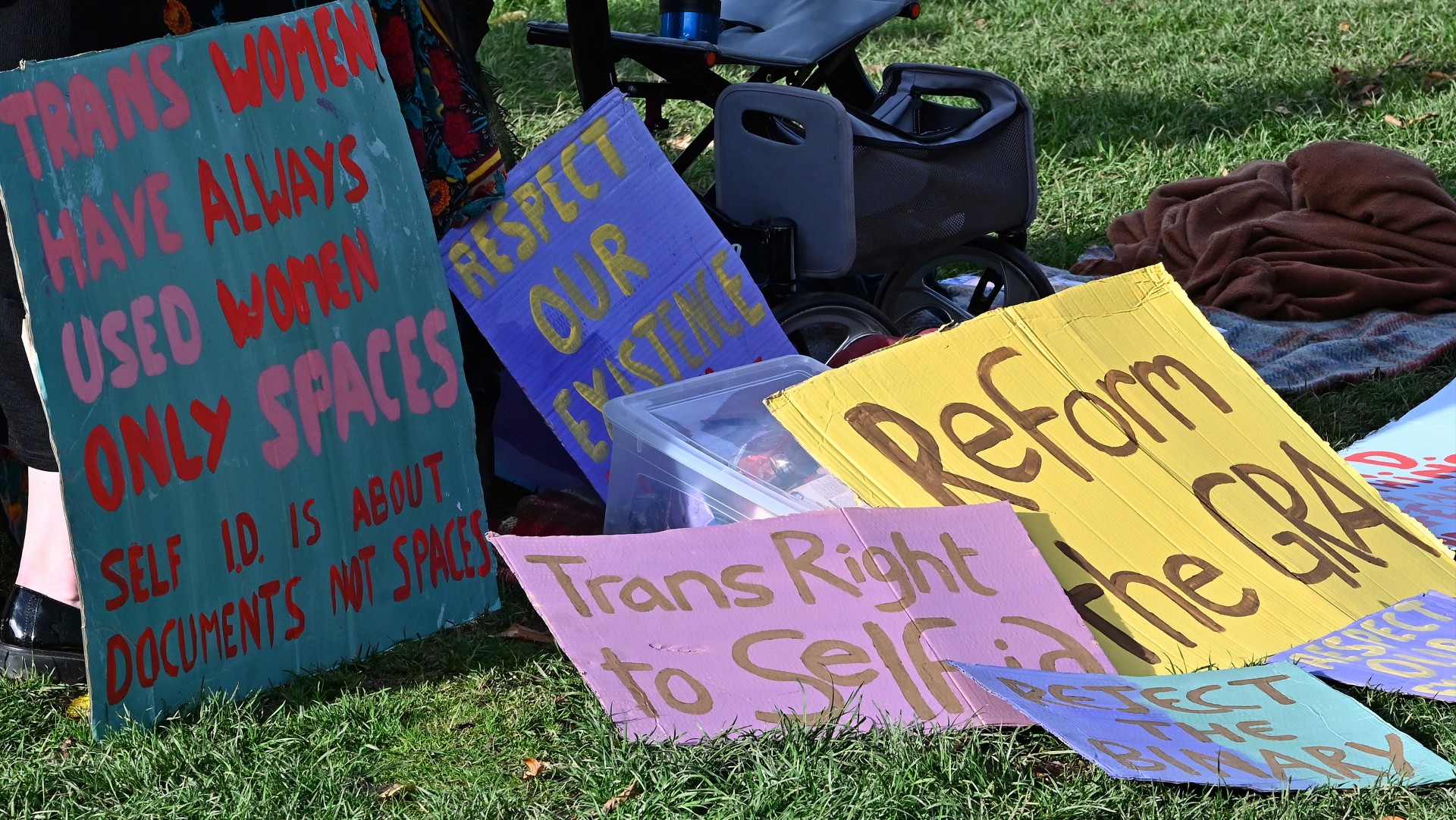 Battle of Britain: will Rishi Sunak block Scotland’s gender recognition law?
Battle of Britain: will Rishi Sunak block Scotland’s gender recognition law?Today's Big Question Prime minister reportedly set to use constitutional ‘nuclear option’ in showdown with Holyrood over the legislation
-
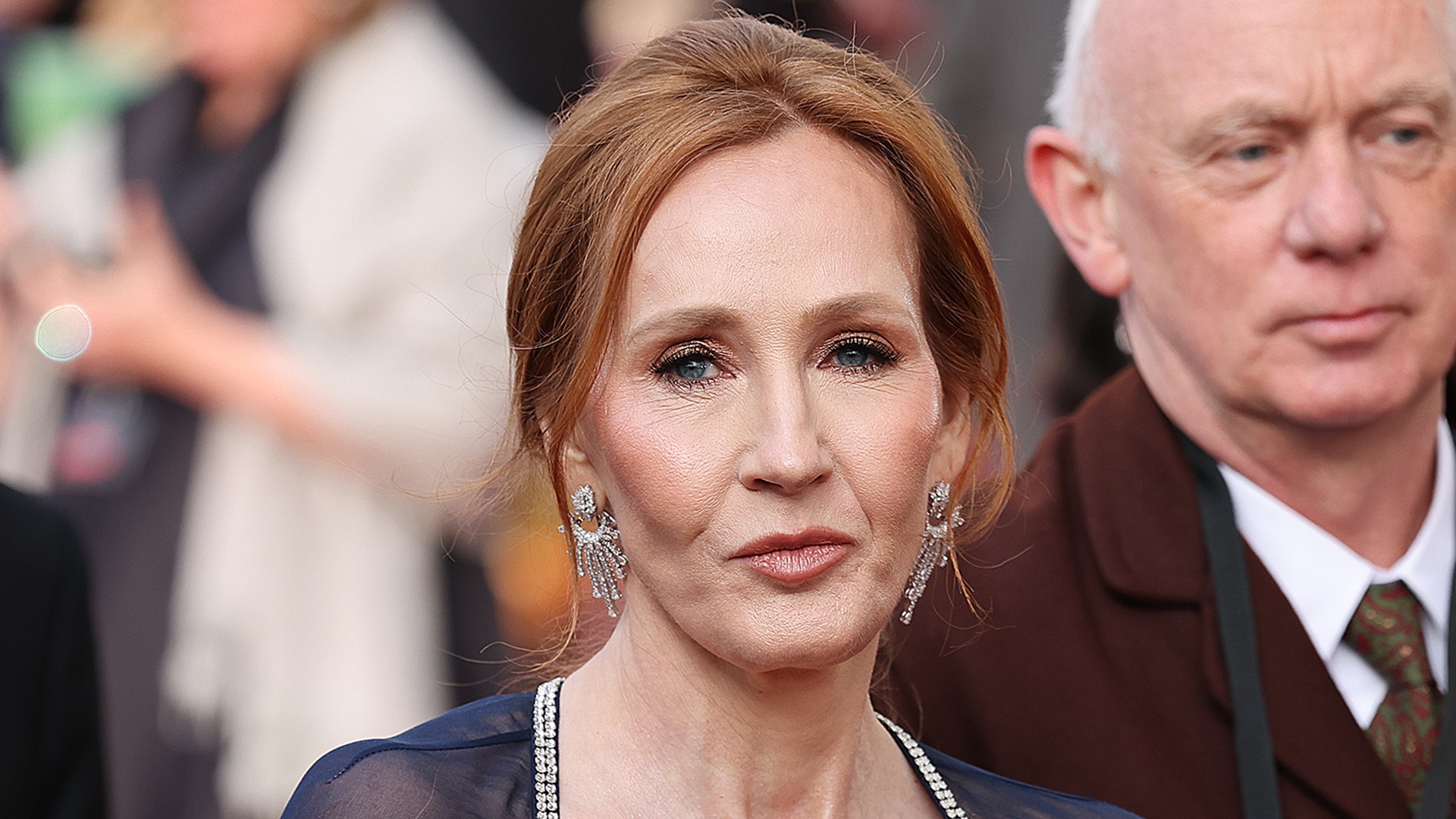 J.K. Rowling and Joanne Harris in death threat row
J.K. Rowling and Joanne Harris in death threat rowTalking Point Rowling accuses fellow author of allowing female writers to be ‘silenced and intimidated’ over their gender identity beliefs
-
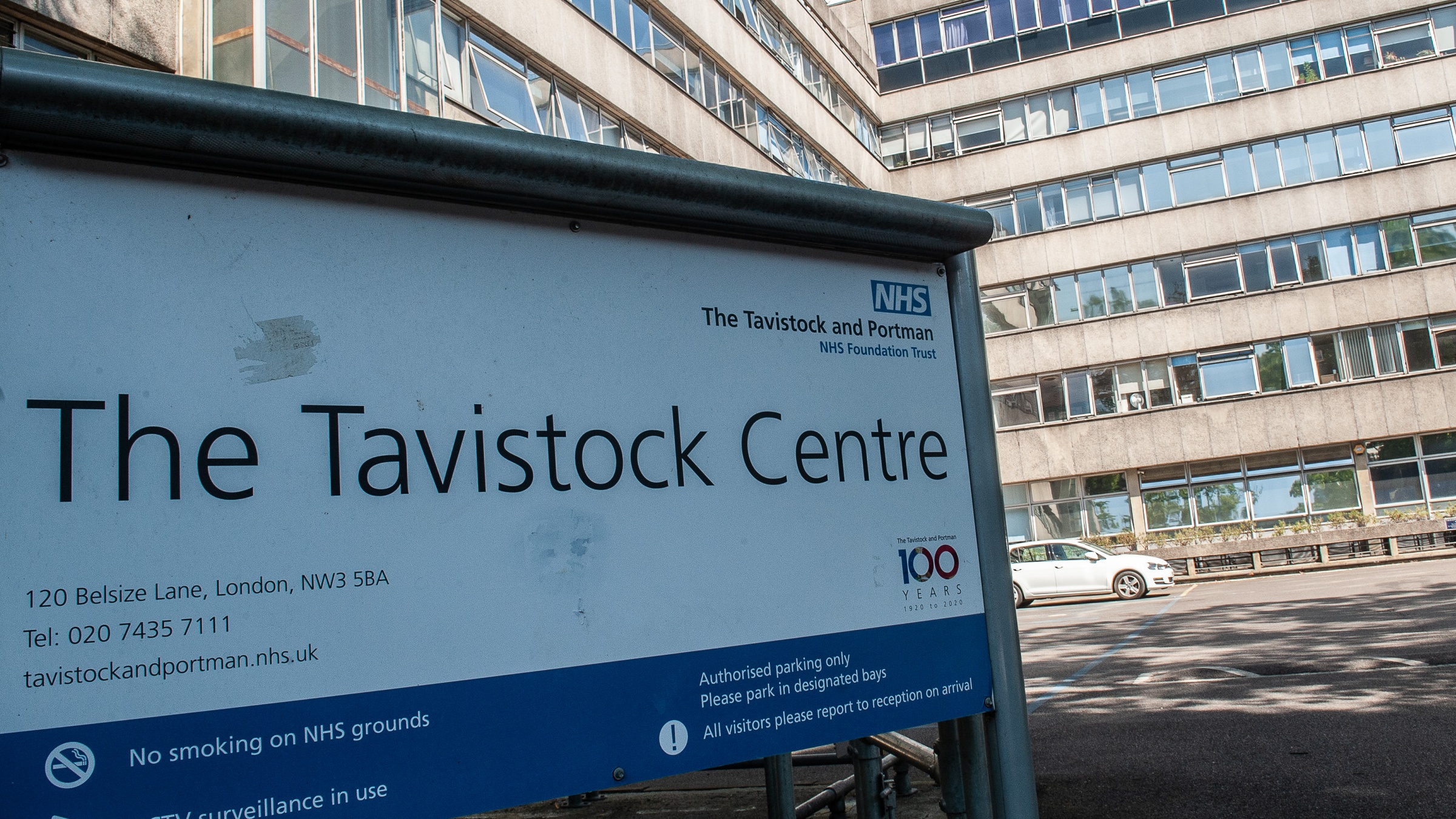 What the Tavistock clinic’s closure means for the trans debate
What the Tavistock clinic’s closure means for the trans debatefeature Gender identity clinic to close over safety fears
-
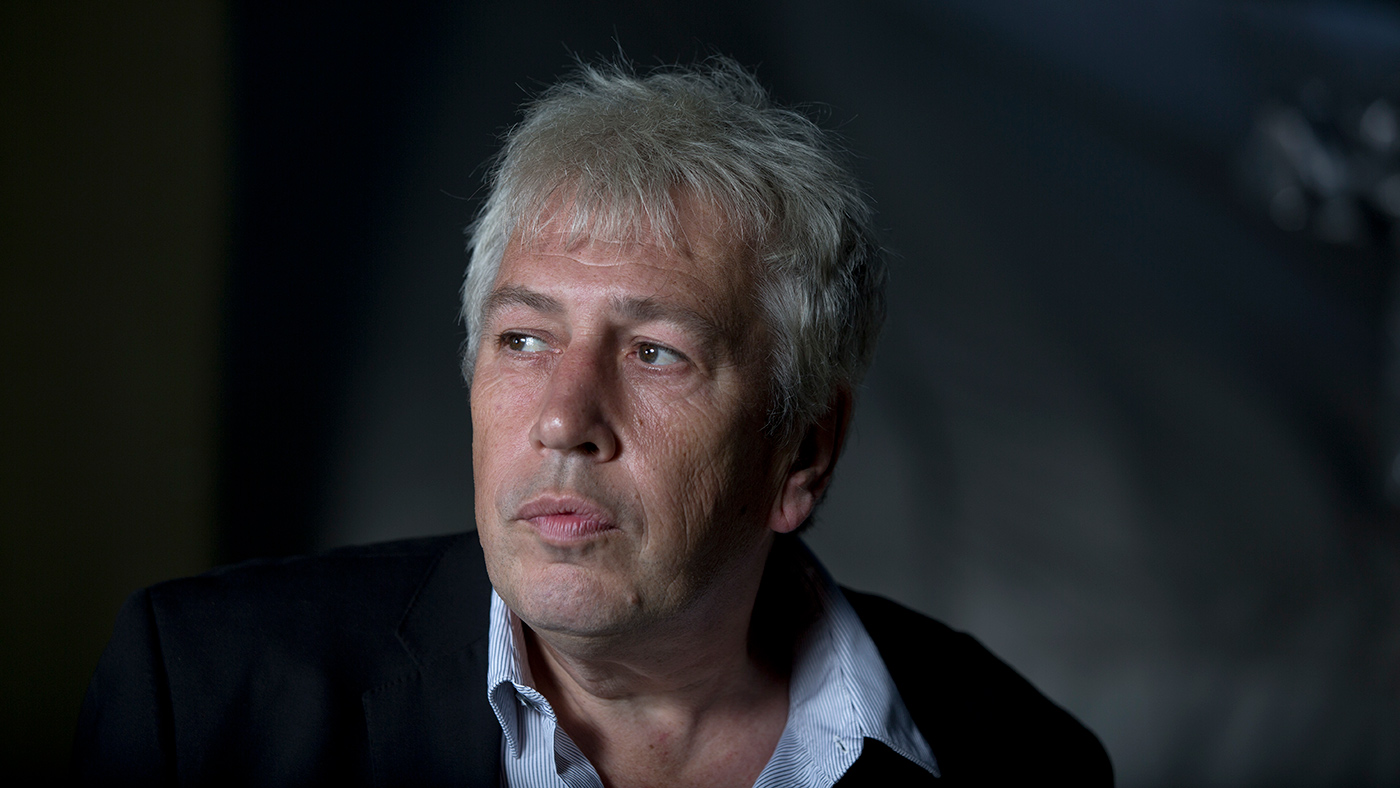 Rod Liddle: culture war in Durham
Rod Liddle: culture war in DurhamIn the Spotlight Having exercised their right to free speech, both sides of the latest culture wars skirmish ‘should move on’
-
 Controversial transgender and migration views are not hate crimes, says report
Controversial transgender and migration views are not hate crimes, says reportIn Depth Law Commission decides that gender critical arguments should be protected as ‘freedom of expression’